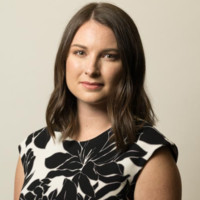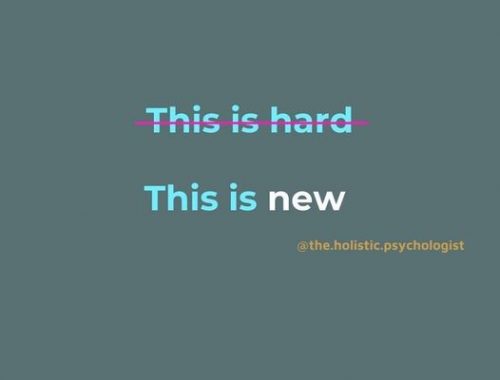Canberra communications professional series: Lisa Ranson
Meet Lisa Ranson, she is a Strategic Communication Officer at Australian Bureau of Statistics. Lisa was nominated by colleague Thea McGrath, who I profiled a few months ago. Lisa’s days are currently filled responding to the orgnaisations needs around COVID and supporting the local chapter of the International Association of Business Communicators.
What did you do before you started at the ABS seven months ago?
Prior to joining the public service, I spent some time in academia as a researcher, creating a framework for the analysis of mental health language and its social impact for veterans and first responders. I was also part of the foundational team for a marketing and communications agency. I got to tackle the impact of automation on employment in the resources sector, develop a young customer base for a product associated with seniors, help revive an Aussie icon, and do a bunch of other fun stuff.
What does a typical day look like for you?
Right now, my days are very much about being responsive to the organisation’s needs in relation to COVID-19. I make the tedious commute from the kitchen to my home study and settle in for a day of engaging with the world entirely via Skype.
The tasks on my list could be updating corporate communications, developing material like infographics to support our statistical releases, or helping our executive deliver weekly all-staff town halls by broadcast. The non-COVID components of my work are things like providing communications guidance on building trust and social license, and rethinking our digital content.
Can you tell us about one of your career highlights?
My career highlights have always been from the coal face: Standing directly in front of the people you’re trying to reach. As a researcher I had the privilege of delivering workshops on communicating about trauma to veterans and first responders, and in turn learning about their experiences. Sure, there have been some big numbers on campaign reports over my career, but nothing compares to someone looking you in the eye and telling you that your work improves their life.
What is the biggest challenge you have faced in your career? How did you overcome it?
I’m fortunate to say I haven’t had any insurmountable challenges so far. My recent challenge has been finding a balance between my well-worn private sector ‘all guns blazing’ approach and the consultative, methodical public sector.
What changes do you think will occur in communications over the next decade?
What a fitting time to be talking about change. We’ve seen so much of it just in the last three months and theories abound about what the COVID-19 period has stuffed into the pipeline for communicators.
Thinking about the decade ahead, it has got to be the changing media landscape. We’ve all felt the syndication squeeze, but big challenges of dwindling media outlets are still to come. Announcements like NewsCorp’s recent regional newspaper cuts show communicators that if there’s information and stories that we know must be told to the public, we can’t always rely on others to do it for us. What is perhaps even more concerning is the ensuing ethical landscape – corporate communicators can’t be the fourth estate. How will our profession respond to these changes as they come?
Who inspires you? Why?
I’ve always been inspired by really bold and gutsy communicators – those who can pull off cheeky campaigns, or muster from their executive unencumbered honesty. I read a recent article via the International Association for Business Communicators titled ‘Get off the sidelines and into the game’ – and I think that phrase hits the nail on the head.
What is your favourite book or podcast?
My favourite podcast is Ologies hosted by the affable and talented science communicator Alie Ward. She can make seemingly mundane topics superbly entertaining!
Who has been the most influential person in your career? Why?
I’m fortunate to have had an exceptional mentor from very early on: the then program manager of my bachelor degree, Dr Leanne Glenny. Leanne helped me chart the course for my career and is part of the reason why I’ve done a lot in little time. Nowadays, Leanne takes the role of trusted colleague, always reminding me to find the best solution and put my ethics to the fore.
If you could share one tip with other communications professionals what would it be?
I think we’re in the midst of a slow, churning shift in terms of the skills needed in communicators. We know the boundaries between the original disciplines have dissipated, but now we’re handling even more – we’re camera people, and developers, and advisors. My tip would be to embrace the ways of the polymath. Continue to be good at many things, and your communication options will always be open.

A bit more about Lisa…
Experienced writer and communicator, Lisa relishes opportunities to work with interesting and complex content. With a background in research, critical thought and analysis come naturally. Lisa has explored how language impacts the well-being of veterans and first responders, tackled the impact of automation on employment in the resources sector, and is now designing strategic communication to build trust in government data practices. Lisa’s roles have spanned professional research, communication and marketing advisory, content design, media, and events and activations. With a penchant for connecting ideas, the great love of her career is creating unexpected campaigns that achieve real change.
Learn more about Lisa on LinkedIn.

